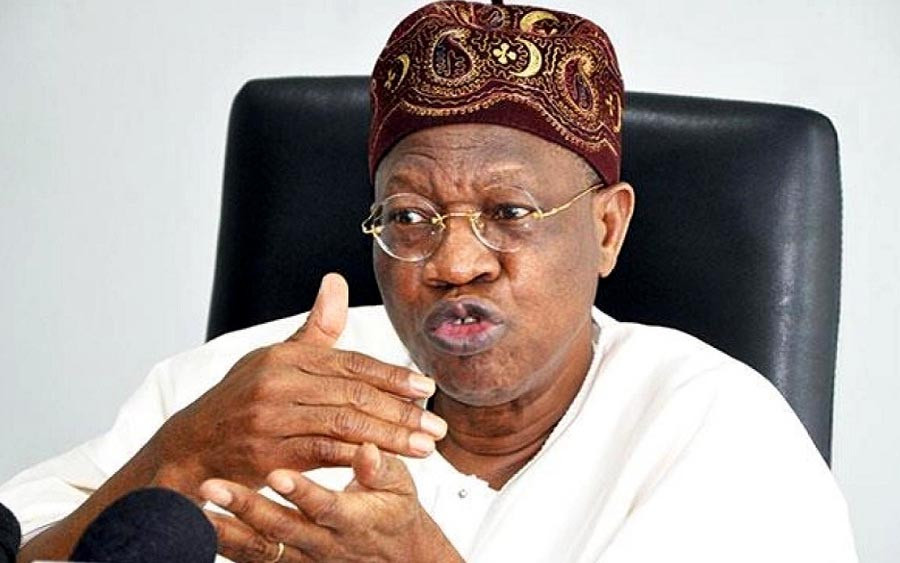
Experts in the telecommunications industry have expressed opposition to the move by the Federal Government to licence over-the-top and social media platforms in the country.
The Minister of Information and Culture, Lai Mohammed, had in a statement last Friday directed the National Broadcasting Commission to immediately commence the process of licensing all OTT and social media operations in Nigeria.
The industry experts, who spoke to our correspondent in separate interviews, however, expressed concerns over the development.
A telecommunications lawyer, Ayoola Oke, described the move to license WhatsApp and others as an impossible task, saying, “The National Broadcasting Commission does not even have any constitutional backing to licence OTTs.”
Oke said, “Even if the Federal Government wants to make a new telecoms policy, it comes from the Nigerian Communications Commission. Licencing is a regulatory matter, which is not under the minister.
“There is a section of the Nigerian Communication Act that says that the NCC must be independent and the minister must ensure that NCC is independent. How many countries in the world have licenced OTTs, how easy is it to licence OTTs? What kind of licencing framework are you going to apply because it is very difficult to licence OTTs.”
According to the Nigeria National Coordinator for the Alliance for Affordable Internet, Mr Teniola Olusola, OTT applications are built on legacy infrastructure, most of which are owned by telecom operators.
“So, we use WhatsApp or Twitter for instance on the SMS platform of the telecoms industry. Theoretically, the OTT applications should be regulated by the NCC because they are providing similar services to the telecoms.”
Olusola said if OTT applications were licenced, subscribers might have to start paying for their service.
He said, “To have a level playing field, if the OTT players are licenced, they are likely to start charging for certain services in line with what the telcos are already doing. At the moment, they don’t charge for their service because they use the advertising model.
“The advertising model generates revenue for them. Their business model is different from the telco business model. The telcos rely on the data you use or call you make, as the case might apply, and they charge you per seconds. That is not the model that is reflected in the typical OTT application.”
According to Olusola, the government needs to have an understanding of what these platforms are meant for.
“We won’t have this conflict of over-regulation of social media, which is what they seek to do, as opposed to allowing a free internet where people can express their frustrations and opinions,” he added.
When asked if the NCC had a guideline for the licencing of OTT applications, the Director, Public Affairs, Ikechukwu Adinde, said, “No, we don’t have a position on all this yet. The NCC has not said anything. We haven’t said anything concerning OTT licencing.”
The Public Affairs Officer for the NBC, Ekanem Antia, when asked about the regulatory framework for licencing of OTTs, declined to comment on the matter, saying the director-general was in a better position to do so.
Source: PunchNG


















































